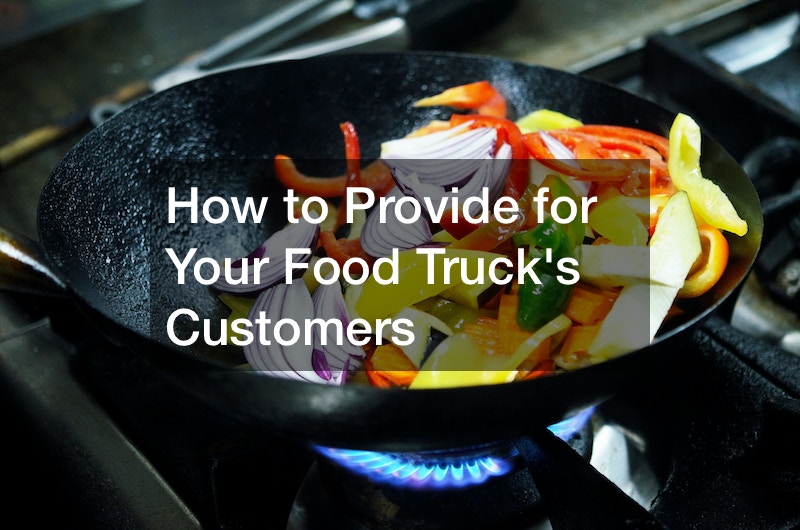
If you’re looking to get your temporary food truck going, you’ve come to the right place. Watch this video for information about food permits and things you can do to get started. Apply for the required food permits to comply with area and state laws for legally selling food at a single function. The applications must be submitted within 30 days.
Your food truck is partially exposed to outdoor weather, pests, and dirt.
Having protective coverings and equipment will help eliminate some of these issues. It will also allow you to create a more sanitary environment for the foods served to your customers. Another point to remember is to avoid setting up your food booth close to bad conditions that could cause sanitary concerns, such as being on a dirt ground or near horse stables.
Your truck should provide warm running water to wash hands and gloves to protect from making barehand contact with foods. If your truck isn’t fitted with a sink, use a 5-gallon water container with a tap as well as a 5-gallon bucket to catch used water. A dishwashing station is necessary to wash equipment and containers. To protect drinking water from cross-contamination and provide a loo for your customers, consider the porta potty rental in Danbury, CT. Ensure that your food truck has enough storage and the correct storage for cold foods and a heating station to cook on.



